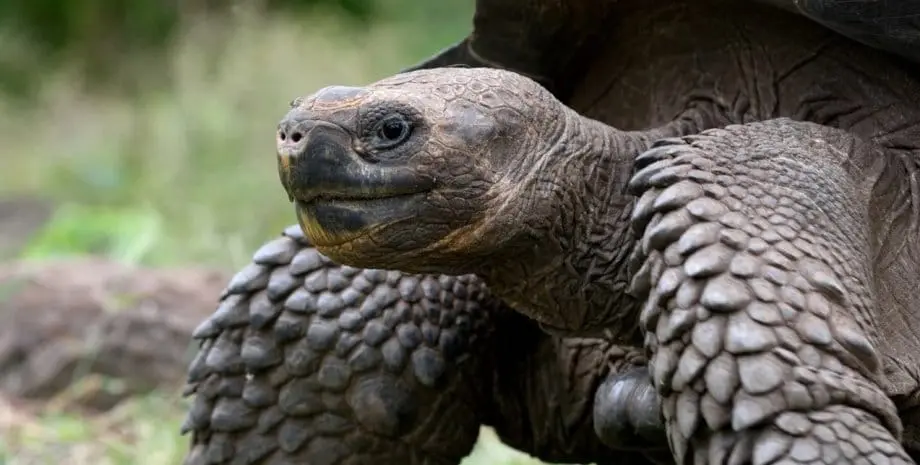Scientists have figured out how giant turtles live for over 100 years
According to the researchers, these turtles are genetically protected from the development of diseases that shorten life.
Scientists at the State University of New York at Buffalo have studied the genome of the elephant or Galapagos tortoise, one of the largest animals on Earth, to find out the reason for their longevity. And it turns out that turtles have many repetitive genes that protect them from aging-related diseases like cancer, New Atlas reports.
Giant turtles, which live in the Galapagos Islands in the Pacific Ocean, live for more than 100 years, and some representatives of the species, scientists believe, live up to 175 years. To understand how they succeed in doing this, scientists conducted their own research.
Cancer and longevity
Animals that live long can develop cancer, while larger animals are much more likely to develop the disease because they have more cells that can fail. But in the course of studying the genome of the giant turtle, scientists found that they have additional duplicates of several genes that are associated with longevity and tumor suppression.
“The damaged cells turned out to kill themselves before going into malignant stage and causing cancer,” says Vincent Lynch of the State University of New York at Buffalo. “And it continues all the time as the turtle ages.”
How can turtles help humans?
Understanding the mechanisms of aging and diseases such as cancer is an important task for science and, perhaps, the secrets that lie in the turtle’s genome could one day be used to improve human health and this will affect its longevity, scientists say.
“If we can understand how certain species have created a kind of protection against aging and the development of diseases, then this knowledge will be useful to help people. Perhaps we can come up with a drug that can mimic these processes, but in the human body,” says Lynch.
Elephant turtle
• Endemic species (that is, these turtles live only here) of the Galapagos Islands
• Weight – can reach 400 kg
• Length – can be up to 1.8 m
• Life expectancy – from 100 to 175 years
• The Galapagos Islands are located in the Pacific Ocean, about 1000 km off the west coast of Ecuador.
Photo: New Atlas | Elephant or galapagos turtle







